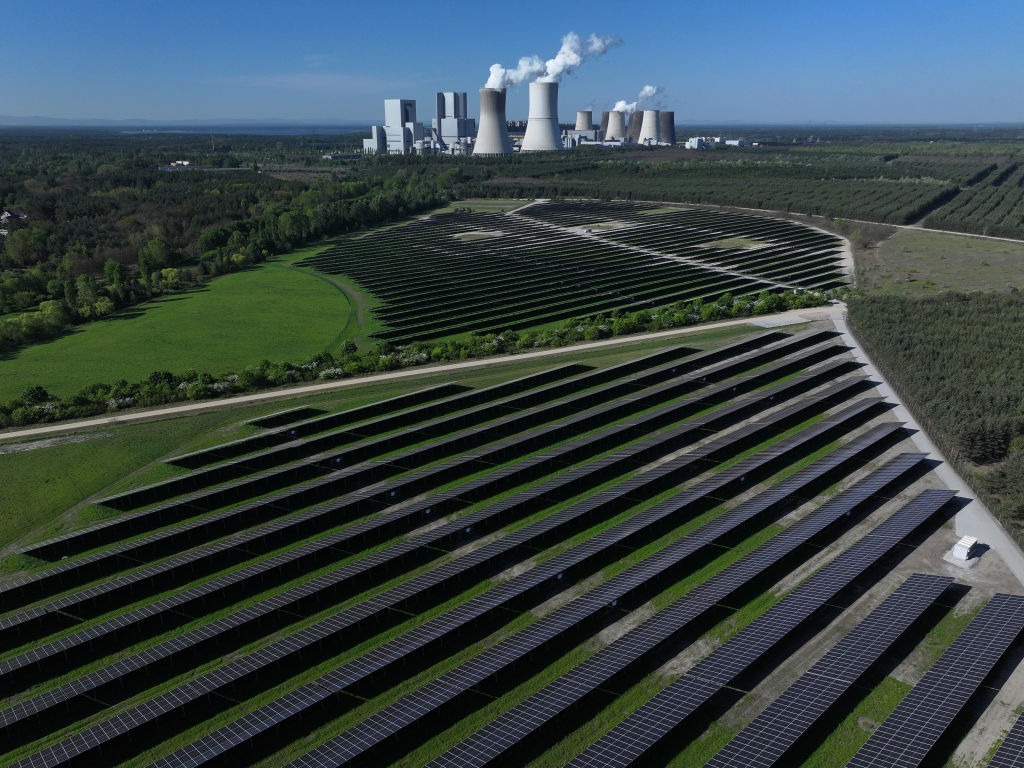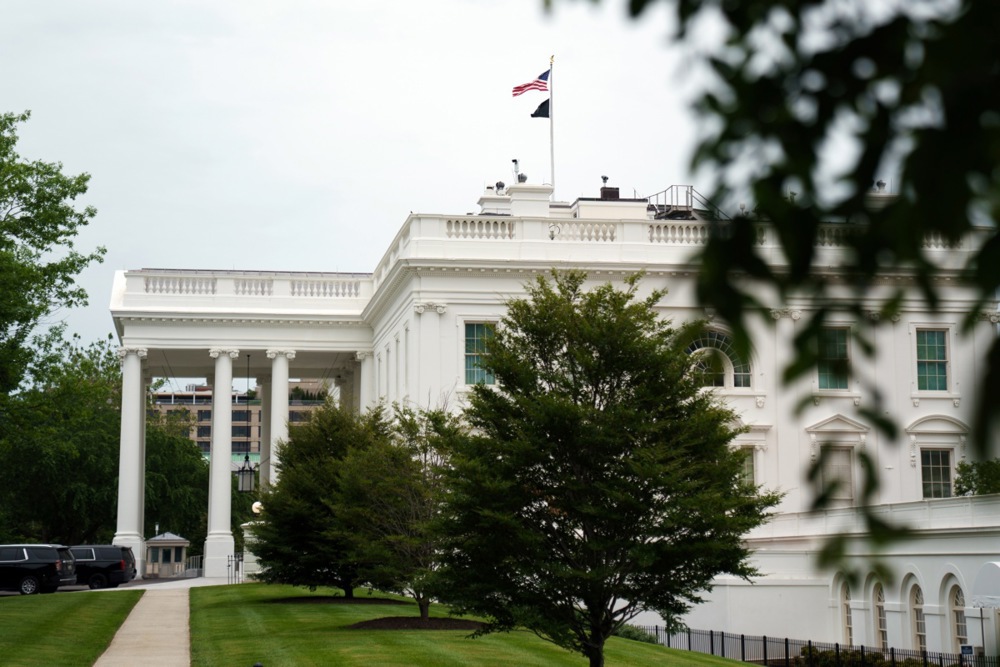US President Donald Trump’s “Big Beautiful Bill” (BBB) is causing shares to slide in Europe’s renewable energy sector.
Renewable energy giants such as Nordex, Orsted, and Vestas all began their weeks with sharp declines on the stock exchange.
The BBB, which the House of Representatives passed March 20, slashes renewable energy subsidies and imposes tariffs on Chinese-made parts.
This bill also threatens the competitiveness of renewable energy projects worldwide, including in Europe.
It accelerates the phaseout of clean energy tax credits established under the Inflation Reduction Act of 2022, which supported manufacturing and deploying wind, solar, and battery technologies.
Phaseouts are now set to begin in 2028 for wind and 2032 for solar and batteries.
It also imposes stringent new restrictions denying tax credits to projects using Chinese-made components.
Financial analysts have said many of these projects may now be “unworkable” due to the global supply chain’s reliance on Chinese materials.
As a result, clean energy stocks, including solar ones, fell sharply.
European renewable energy companies, which often source components from China due to their cheaper cost, are particularly vulnerable.
The US market has been a significant destination for European clean energy exports, which include wind turbine parts and solar modules.
In 2023, the US imported $1.7 billion in wind-related components, primarily from Europe, Mexico, Vietnam, and India.
However, Trump’s proposed tariffs, including a 20 per cent tariff on EU imports and higher rates on specific goods like steel, could increase costs for European firms by up to 10 per cent for land-based wind turbines and 7 per cent for renewable energy facilities overall.
This cost escalation threatens European companies’ ability to compete in the US, which is a key growth market for them. They meanwhile faced severe difficulties closer to home.
Ørsted, the world’s biggest offshore wind-farm developer, has decided to drop a major offshore project in the UK, saying it lacked economic sense. https://t.co/USm6JoDKe8
— Brussels Signal (@brusselssignal) May 7, 2025
The bill’s impacts also extend beyond tariffs. By rescinding billions in Inflation Reduction Act subsidies, it disrupts a government-driven domestic manufacturing boom in the US, which has also benefited European firms through partnerships and supply agreements.
The National Law Review notes the BBB proposes to sunset, repeal, or restrict nearly every major clean energy tax credit under the Inflation Reduction Act.
These include credits for clean vehicle purchases, commercial clean vehicles, and residential energy efficiency improvements.
The bill could reduce new US wind and solar installations by 57 to 72 per cent over the next decade, shrinking the market for European exports, the US-based research firm Rhodium Group estimates.
This contraction could make European companies redirect their products to other markets.
In turn this could potentially lead to oversupply and price drops in Europe and elsewhere, in a similar way to Chinese goods flooding European markets due to US tariffs.
The EU has so far responded with alarm.
Lawmaker Markus Ferber of the European People’s Party says the BBB’s tax provisions, including a potential 20 per cent tax on US-sourced income for foreign investors, could particularly target jurisdictions like the EU that have implemented global minimum tax agreements.





